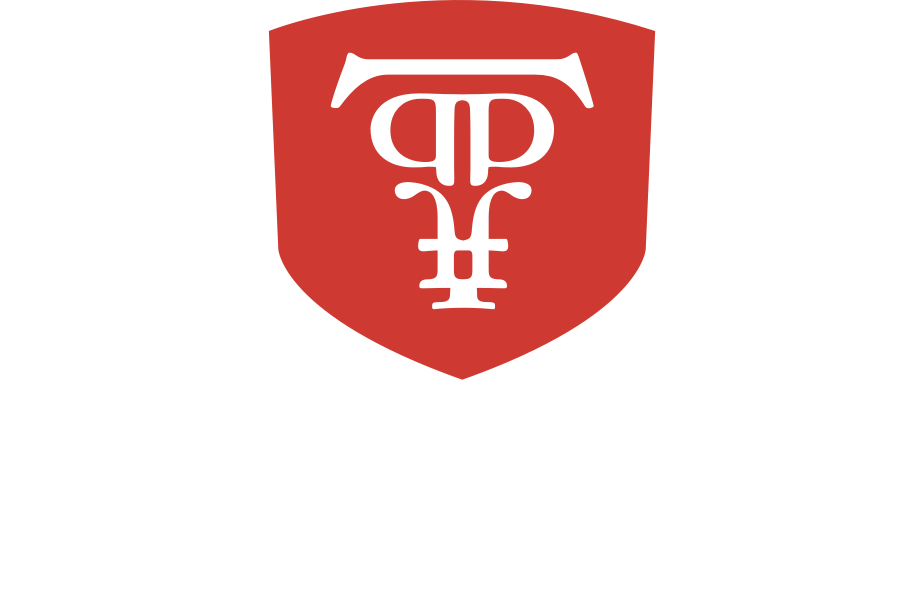We must also stop systematic bullying
(Sept. 30, 2020) Last night’s debate was a painful reminder of how systemic bullying, like systemic racism, is dividing our country. For too long we have overlooked the verbal attacks from others, categorizing them simply as a “style” issue while ignoring the significant emotional harm done to someone who is being bullied. By allowing the persistent mistreatment of another person or not calling out the verbal or nonverbal attacks from someone, we are condoning behaviors that have the potential for long lasting damage.
Sixty million Americans have classified themselves as having been bullied at the workplace. From personal experience, any kind of systemic bullying will undoubtedly find its origin in fractured leadership within the organization itself, whether the workplace or political institutions. In addition, biases brought into the workplace or into a conversation that have been perpetuated over many years and ignored by those in authority contributes immensely to systemic bullying. I can no longer sit back and remain silent!
The Dalai Lama once said: “The only way you can truly understand one’s pain is for you to experience the suffering being endured by that individual.” With that in mind, and regardless of your political affiliation, last night’s Presidential debate heightened the long-term generational divide and enduring nightmare of the mental, emotional, and physical pain that originate from verbal assaults, humiliation, not listening to the other person, rejection of diversity and the list goes on. I remember many years ago a personally painful moment when, as division CEO of a health care company, I was trying to explain to my supervisor the rationale behind paying bonuses to my employees. To my utter shock, my plea was met with his answer: “Donato, you only feel that way because you’re Catholic, Italian, and gay”. Admittedly, there is no denying my individual persona included all three descriptive words used by this senior executive, however, I also had the right to have my dignity as a human being embraced and accepted and the insults communicated to me in the presence of my colleagues was simply unacceptable.
As we witnessed last night, bullying can be covert or overt and the negative effects are not limited to the targeted individuals. The emotional scars are unfortunately not left at the steps of the office building. Rather, they are carried into the home where further turmoil occurs, leading to loneliness within one’s family environment.
According to experts, bullying means harassing, offending, socially excluding someone or negatively affecting someone’s confidence and self-esteem. Unfortunately, it is not just in the workplace that this definition applies and anyone who witnessed last night’s debate performance had a front row seat to the bullying in full play.
My home, my workplace and my conversations have no room for bullying. And the highest office in our land should not endorse or utilize such behavior, especially at a time when we need compassion and kindness in a country – and a world – that has suffered so much in the last several months. I accept and endorse that each political candidate must be provided the platform to convey his or her point of view. At the same time the American people deserve the right to hear the candidate’s thoughts, ideas, long- term strategies and allow for healthy and robust debate, affording the observer the opportunity to review the facts and then make an informed decision. Unfortunately, what we watched last night did not provide that forum. Rather, bullying was amplified and further confirmed our need to add systemic bullying to the growing list of what needs to change in America.
To our children and young adults watching the debate last night, scratching your head wondering whether bullying is the right prescription to success, I am here to remind you that bullying accomplishes only one outcome: it leads to a “versation” and not a conversation, the latter which is sorely needed to solve many of the thorniest problems we now face in our country and our world.
In closing, perhaps we need perhaps even more, something I call herd compassion and herd kindness.
~ by Donato Tramuto
